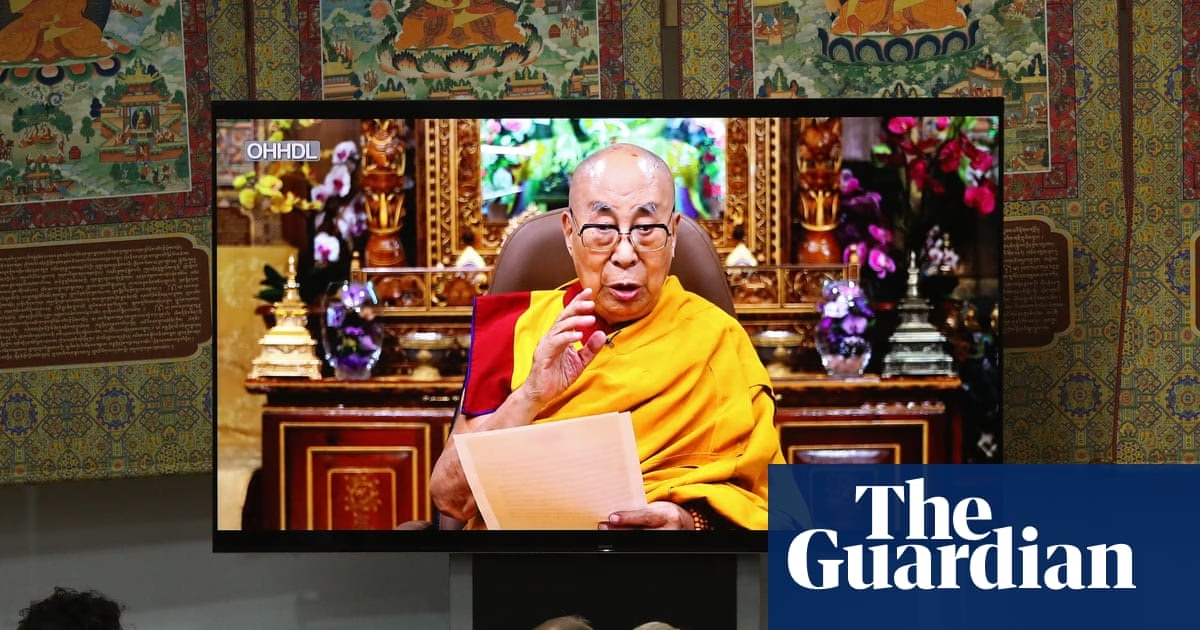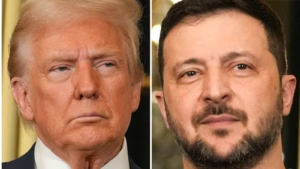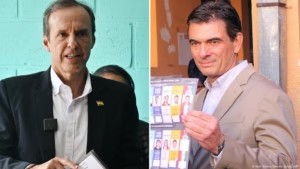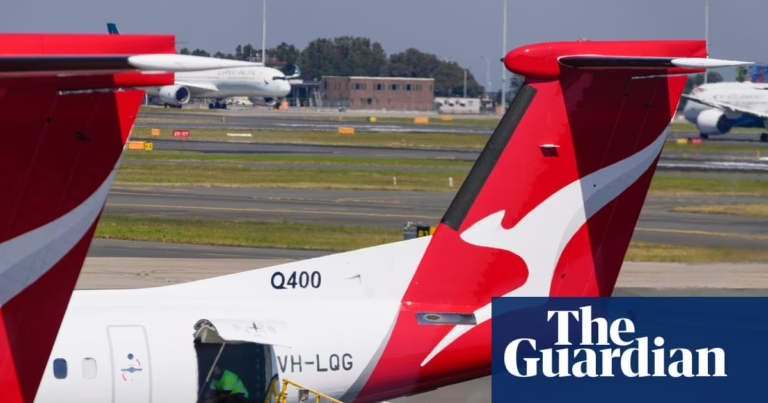The Dalai Lama has stated, in a challenge to China, that his spiritual lineage will continue beyond his death and that only his closest circle, not Beijing, has the authority to identify his successor. In a video message ahead of his 90th birthday, the 14th Dalai Lama declared that the Gaden Phodrang Trust, which handles his affairs, will oversee the search for his reincarnation. He affirmed that “no one else has such authority to interfere in this matter,” and that the search for his successor would be carried out in accordance with tradition. This declaration contrasts with China’s stance, which insists that the selection of the next Dalai Lama must be approved by the central government. The potential next Dalai Lama might come from the Tibetan diaspora or even be an adult or female, as hinted by the current Dalai Lama. China rejects this assertion, claiming that Tibetan Buddhism originates from China and falls under its religious control. This ongoing dispute highlights a deep power struggle between the Chinese government and the Tibetan spiritual leader over who should determine the future of Tibetan Buddhism. The Dalai Lama’s eventual successor is believed to be the earthly manifestation of Avalokiteshvara, the bodhisattva of compassion. The political and spiritual controversy has international implications, with geopolitical tensions particularly affecting relations between China and India, which is home to the Tibetan government in exile and the Dalai Lama. Global actors, including the US and the EU, have expressed support for the religious freedoms involved, but the international community remains divided on the manner in which the next Dalai Lama should be recognized.
Source: https://www.theguardian.com/world/2025/jul/02/dalai-lama-says-there-will-be-search-for-his-successor-ending-years-of-speculation








